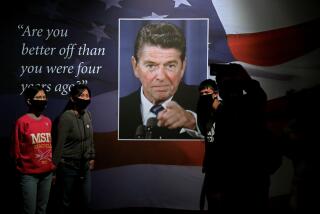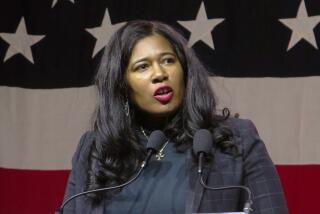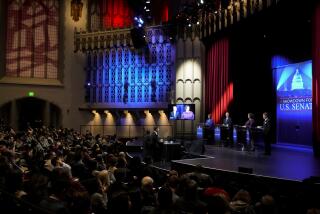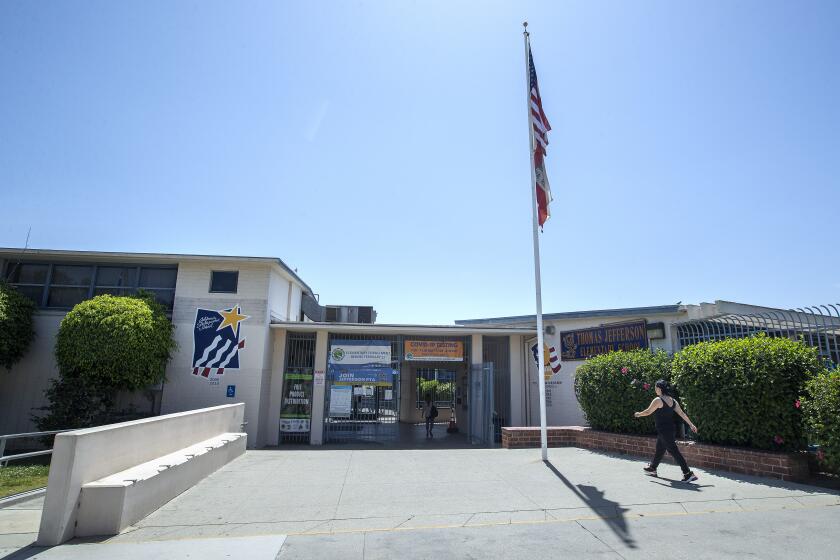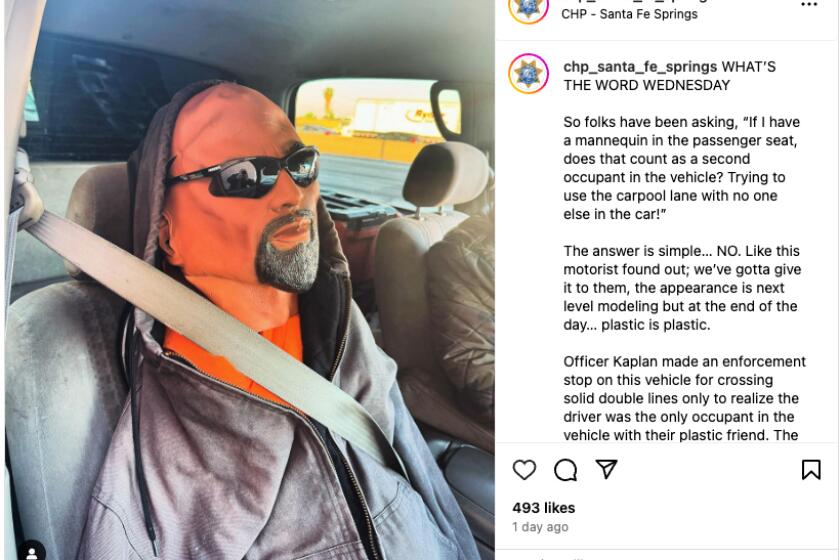A GOP debate with a difference
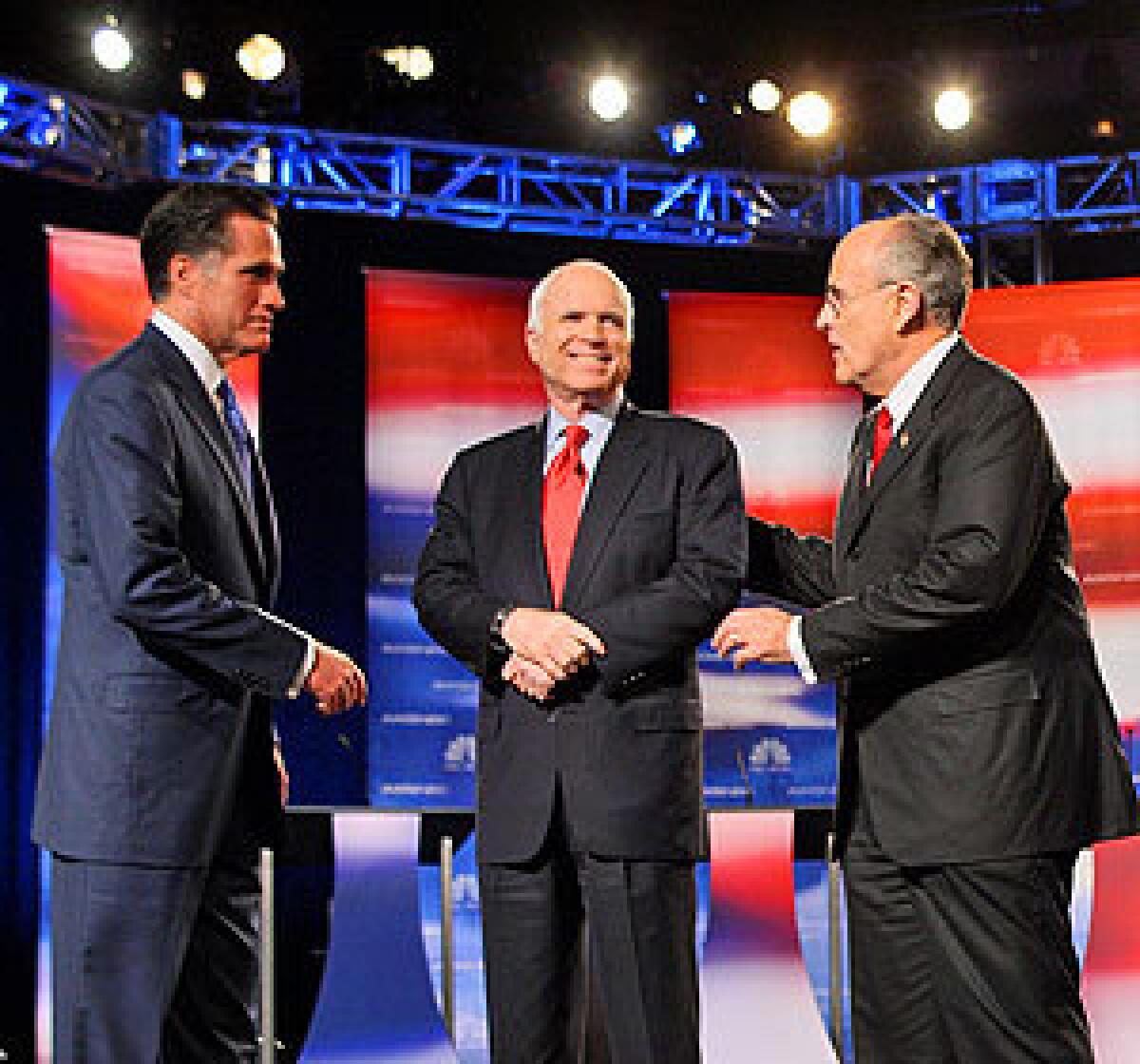
Republican presidential hopefuls jousted over taxes and the nation’s economic slowdown Thursday in a tranquil debate that belied their fierce rivalry five days before a Florida primary that will mark a major turning point in the race.
The five candidates touched on religion, natural disasters and war, but nothing aroused their passion quite so much as their mutual distaste for the prospect of Hillary Rodham Clinton and Bill Clinton returning to the White House.
Asked how he would run against the New York senator and her ex-president husband, Mitt Romney said he could not wait “because the idea of Bill Clinton back in the White House with nothing to do is something I just can’t imagine.”
But with the Florida campaign focused squarely on their plans to revive the national economy, the candidates sought most of all to prove their conservative credentials on taxes and spending. On that, they mainly agreed.
Sen. John McCain of Arizona joined Romney, a former Massachusetts governor, and former New York Mayor Rudolph W. Giuliani in generally supporting the $150-billion stimulus package that congressional leaders and President Bush have been negotiating. But McCain, like his two opponents, described it as not ambitious enough because it would not make Bush’s tax cuts permanent.
In a rare moment of confrontation in the MSNBC debate here at Florida Atlantic University, Romney then tweaked McCain for voting against the tax cuts during Bush’s first term.
“I think he should have voted for them the first time around, and that’s just a difference of viewpoint,” Romney said.
“I wasn’t in Washington during all this time, so that’s one of the reasons [Americans] ought to give me a chance, since I wasn’t there messing this up,” he added. Romney said his private-sector expertise as a financier made him well-suited to reverse increases over the last seven years in unemployment, the national debt, the budget deficit and gasoline prices.
For his part, Mike Huckabee raised concerns that the $150-billion plan -- much of it for tax rebates of up to $1,200 per American household -- would wind up benefiting China.
“We get those rebate checks, most people are going to go out and buy stuff that’s been imported from China,” said Huckabee, a former governor of Arkansas. “I have to wonder whose economy is going to be stimulated the most by the package.”
Huckabee suggested spending $150 billion on a highway between Miami and Bangor, Maine, to spur U.S. construction jobs.
“A lot of people in Florida sit around in traffic every day, never getting to their kids’ dance recitals or soccer games because they’re stuck in traffic, and we’ve done nothing about it.”
Giuliani made his own targeted pitch to hurricane-battered Floridians. Touting a national catastrophe fund to cut the cost of homeowner insurance, he asked Romney to take a stand on the proposal.
Romney said he supported the concept but only for the states most susceptible to disaster.
“I’m not in favor of saying that the people in Iowa should have to subsidize the people in Massachusetts or the people in Florida,” he said. “That doesn’t make a lot of sense.”
On Iraq, Romney and McCain argued that the war was mismanaged but justified. Romney accused Democratic candidate Clinton and others of making an “audacious and arrogant” claim that the drop in violence in Iraq was related to Democratic calls for U.S. withdrawal. “The success over there is due to the blood and the courage of our servicemen and -women, and to Gen. Petraeus and to President Bush -- not to Gen. Hillary Clinton.”
Rep. Ron Paul of Texas said the war “was a very bad idea, and it wasn’t worth it.”
“Al Qaeda wasn’t there then,” he said, referring to Iraq before the war. “They’re there now. There were no weapons of mass destruction -- had nothing to do with 9/11. There was no aggression.”
Turning to religion, both Romney, a Mormon, and Huckabee, a Baptist minister, defended their faith. Romney dismissed a poll cited by moderator Brian Williams that found 44% of Americans surveyed said a Mormon would have trouble uniting the country.
“My faith isn’t terribly well-known around this country,” Romney said, “but I don’t think for a minute the American people are going to say, ‘You know what, we’re not going to vote for this guy for a secular position because of his church.’ ”
Huckabee was asked to respond to a former Bush aide’s remark that the candidate’s emphasis on religion had made him queasy. “I don’t try to impose it on other people,” the candidate said, “and I certainly would never use the auspices of government to try to push my faith.”
In a lighter moment, Huckabee was asked whether he stood by the comments of his action star sidekick Chuck Norris, that McCain, 71, might be too old to withstand the rigors of the White House.
“I didn’t disagree with [Norris] at the time because I was standing next to him,” Huckabee said.
But McCain’s age is not an issue, Huckabee said.
McCain parried by noting his own recent endorsement from Sylvester Stallone.
On the question of campaign money, Romney refused to reveal how much of his personal fortune he had spent on the race; his most recent public finance report showed it was more than $17 million at the end of September.
Huckabee joked that Romney ought to save his wealth for his five sons.
“You said you wanted them to inherit a great country, and I have a solution, Mitt, that I think will work: If the country will elect me president, they’ll inherit a great country, and your boys will still get your money too,” Huckabee said.
Romney said he had raised more money from donors than any Republican opponent, but portrayed his own spending on the race as a virtue.
“People can count on the fact that there’s nobody that can call me and say, ‘Hey, look, you owe me,’ because they don’t,” he said.
michael.finnegan@
latimes.com
More to Read
Start your day right
Sign up for Essential California for news, features and recommendations from the L.A. Times and beyond in your inbox six days a week.
You may occasionally receive promotional content from the Los Angeles Times.
